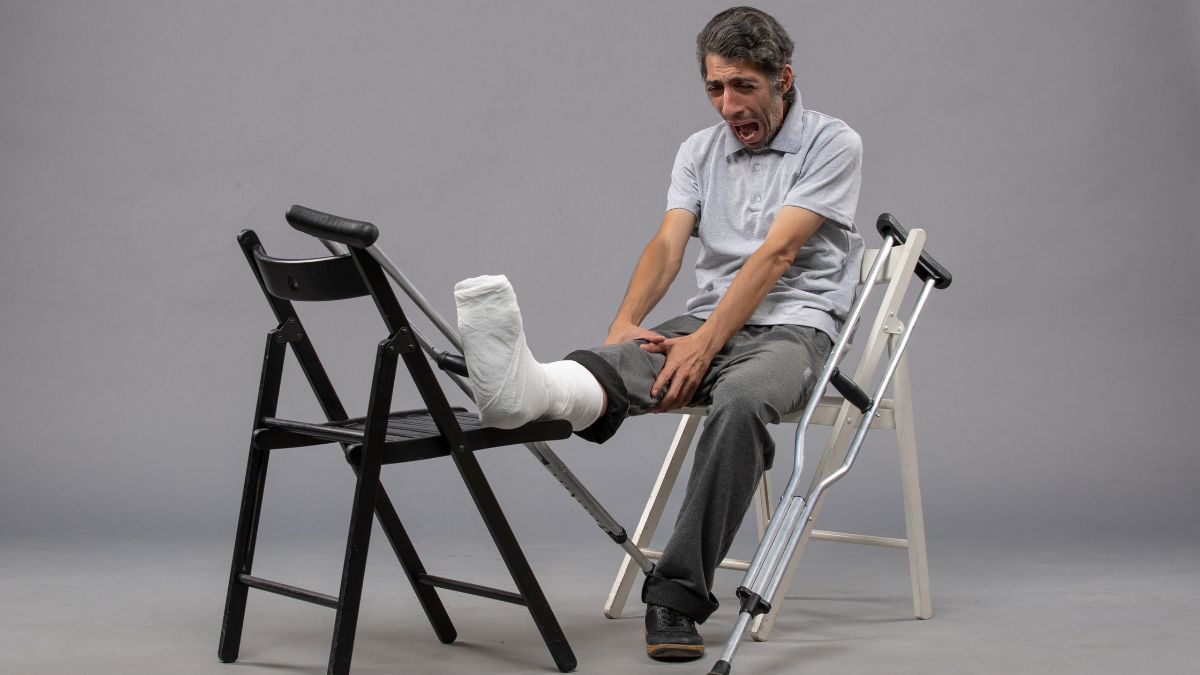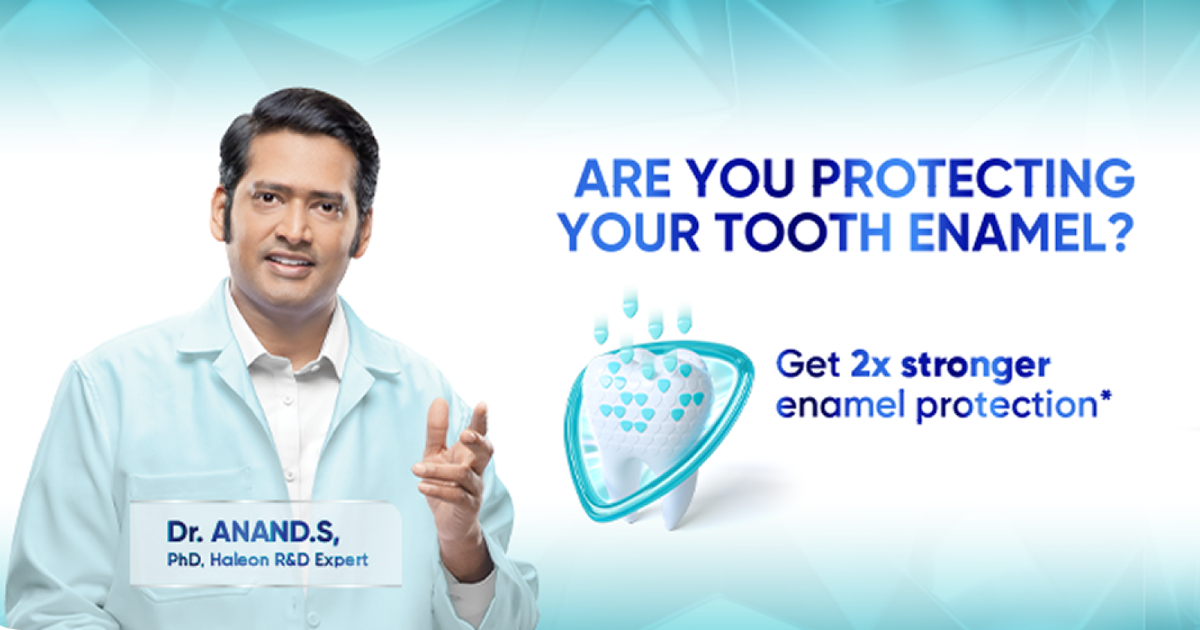
Revolutionary Bone Glue Promises Quick Healing
Imagine breaking a bone and having it fixed in just three minutes! This is not a fantasy but a potential reality as scientists in China are testing a revolutionary adhesive known as Bone-02. This new bone glue could change the way fractures are treated, offering a solution without the need for screws or plates.
The team led by Dr. Lin Xianfeng at Sir Run Run Shaw Hospital in Zhejiang Province developed Bone-02 by drawing inspiration from oysters. Oysters are known for their remarkable ability to stick to wet surfaces, even in challenging underwater conditions. This natural property has helped researchers create a glue that can bond broken bones, even in the presence of blood during surgical procedures.
One of the most exciting aspects of Bone-02 is that it is bioabsorbable. This means that as the bone heals, the glue gradually dissolves, eliminating the need for a second surgery to remove metal implants. In tests involving over 150 patients, the adhesive showed strong bonding capabilities, even under stress, and demonstrated effectiveness during actual surgeries rather than just laboratory tests.
While the initial results of this research are encouraging, there are still some questions that need to be addressed. For instance, how will Bone-02 perform in different types of fractures? Will it work for all patients equally well? As with any medical breakthrough, it is essential to conduct rigorous testing and gather more data before this adhesive can become a standard treatment option.
If Bone-02 lives up to its promise, it could significantly change the landscape of orthopedic surgery. The potential for rapid healing with minimal complications and a speedy recovery could transform fracture care not just in India but globally. As we keep an eye on further developments in this area, the hope is that this innovative solution will soon become a reality for patients everywhere.
In conclusion, while Bone-02 offers a glimpse into the future of fracture treatment, it reminds us that advancements in medicine require time, caution, and thorough validation to ensure safety and effectiveness for all patients.










